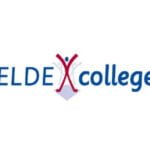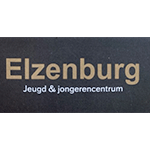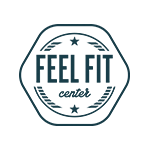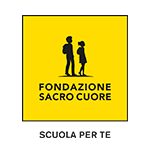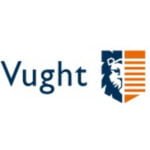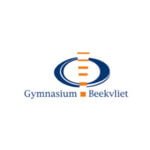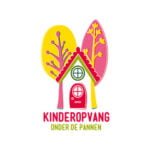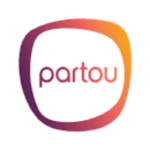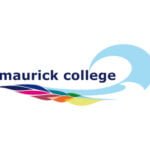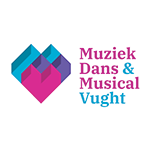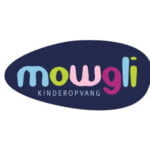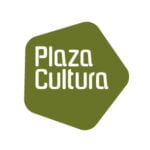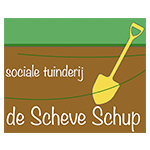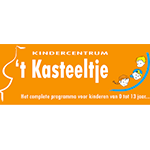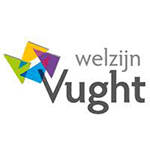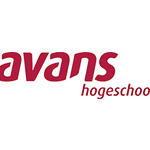DISCOVER, LEARN AND APPRECIATE
A school where children’s natural motivation is dear to us
COME AND MEET US!
Misha de Vries Primary School in Vught
Traditional in form, innovative in content:
Music Education by teachers trained at the conservatoire
Traditional Classical Education
Two years of swimming lessons at no extra cost
Teachers skilled at Bachelor and University level
Unique Nursery Education
Consciously analog school
Physical Education by CIOS-trained teachers
Small classes
English up to B1 level by native speakers
COME AND MEET US!
By phone
Call director Laurens Peeters for a personal information interview on +31 (0)73-3035384 (Monday to Friday 8.30-17.00).
COME AND TAKE A LOOK
For information or to make a (digital) introduction, please contact info@mishadevries.nl or phone 073-3035384
Partners
